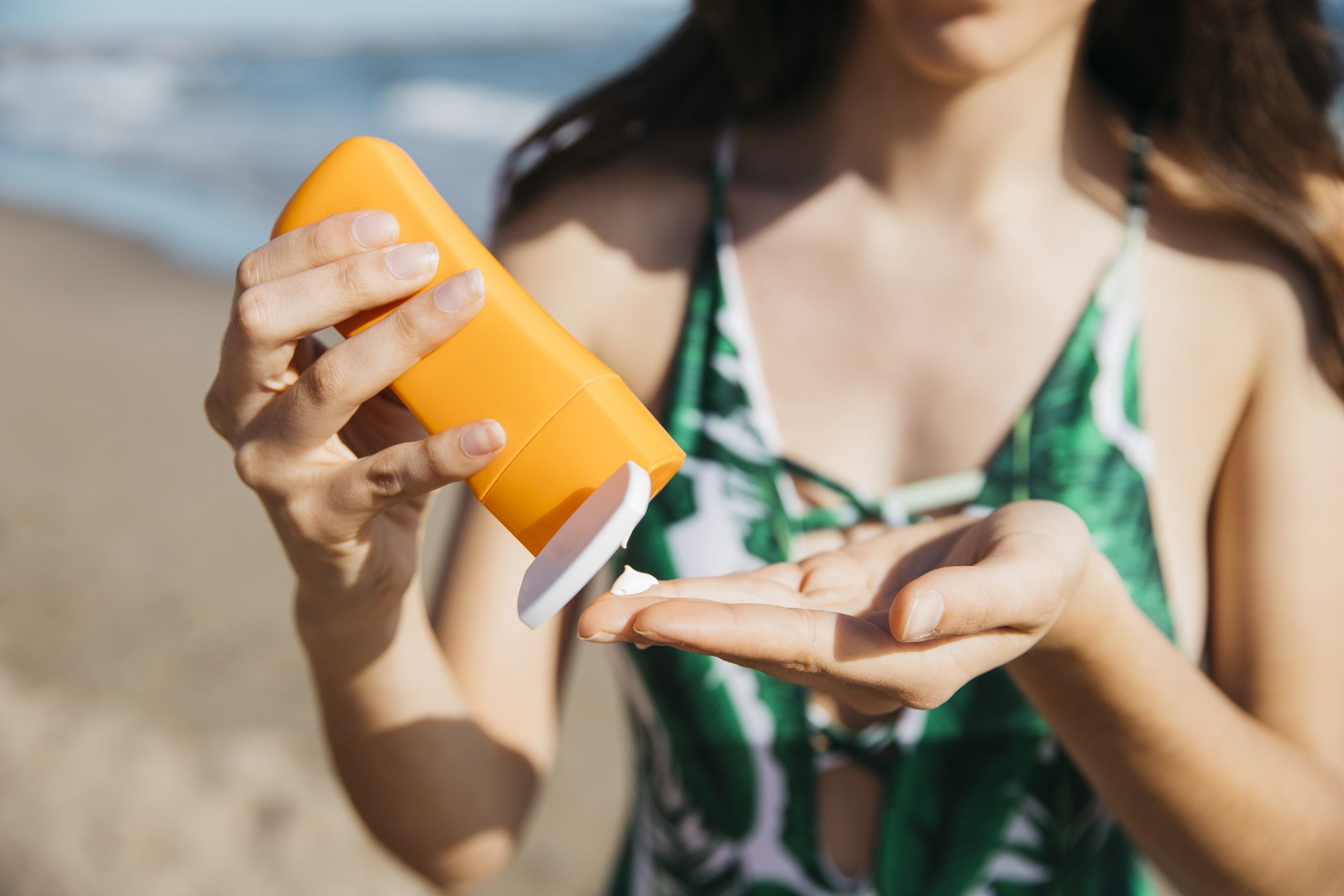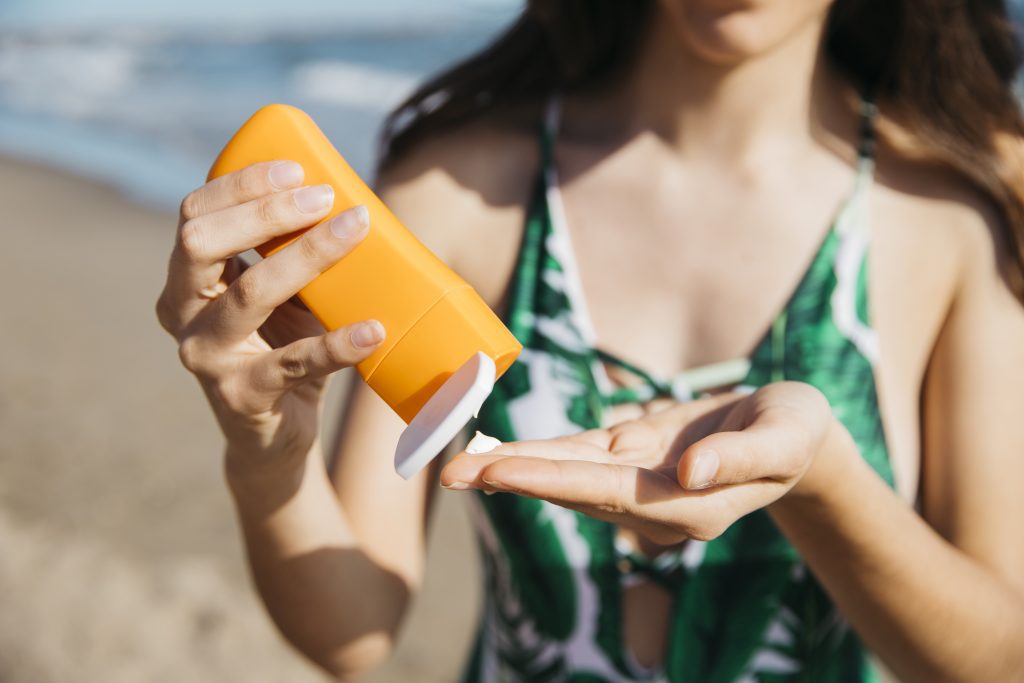How to choose the ideal sunscreen for your skin
The use of sunscreen is widely recommended by experts. In addition to being part of your skin care routine, sunscreen is an essential ally for your health. It helps prevent premature aging, avoiding wrinkles, expression lines and blemishes, as well as protecting against diseases such as skin cancer and sunburn.
To make the most of these benefits, it is important to choose the sunscreen that is best suited for your skin. But after all, do you know how to choose the ideal protector?
Below we will explore some key points that should be considered when selecting a sunscreen.
1. Understand your Skin Type
The first step to choosing the ideal sunscreen is knowing your skin type. Each skin type has specific needs:
Oily Skin: Choose gel or dry-touch sunscreens, which help control oil and prevent acne.
Dry Skin: Choose sunscreens in cream or lotion, which provide extra hydration.
Sensitive Skin: Choose sunscreens with hypoallergenic formulas, free from fragrances and dyes, to avoid irritation.
Combination Skin: Use specific sunscreens for combination skin or a combination of products for different areas of the face.
2. Sun Protection Factor (SPF)
SPF is one of the most important aspects when choosing a sunscreen. It indicates the level of protection against UVB rays, which are responsible for sunburn. For everyday use, a sunscreen with SPF 30 is sufficient. However, in situations of prolonged sun exposure, such as at the beach or outdoor activities, an SPF of 50 or higher is recommended.
3. Broad Spectrum Protection
In addition to SPF, it is crucial that the sunscreen offers broad spectrum protection, that is, against UVA and UVB rays. UVA rays penetrate deeper into the skin and are mainly responsible for premature aging and an increased risk of skin cancer. Check whether the product label mentions this protection.
4. Active Ingredients
The active ingredients are responsible for protection against sun rays. There are two main types:
Chemical Filters: Absorb UV rays. Examples include avobenzone, octocrylene and oxybenzone.
Physical Filters: Reflect UV rays. Examples include zinc oxide and titanium dioxide. These are ideal for sensitive skin, including children’s skin.
5. Water Resistant
If you plan to swim or do activities that cause sweating, choose a water-resistant sunscreen. However, it is important to reapply the product every two hours or immediately after swimming or sweating.
6. Sensitivity Test
Before applying sunscreen to your face or large areas of your body, do a sensitivity test by applying a small amount to your forearm. Wait 24 hours to check for any allergic reaction.
Choosing the right sunscreen is essential for maintaining skin health and preventing damage caused by sun exposure. Remember to reapply sunscreen regularly and complement your protection with hats, sunglasses and appropriate clothing. With these tips, you’ll be ready to enjoy the sun in a safe and healthy way.


